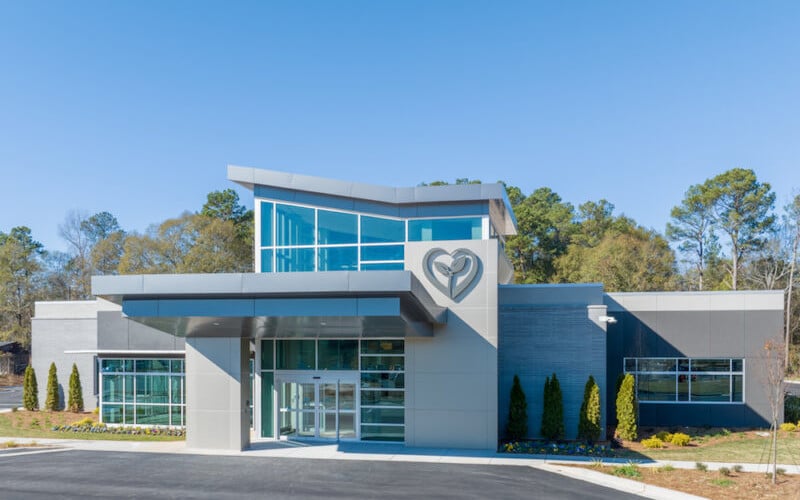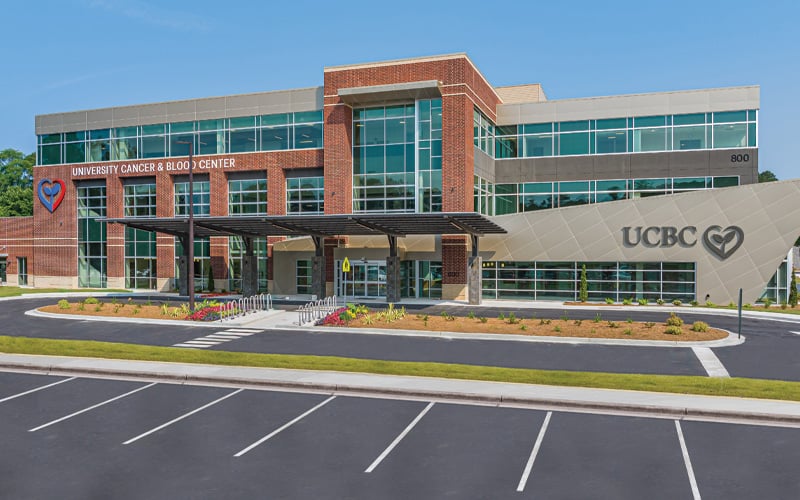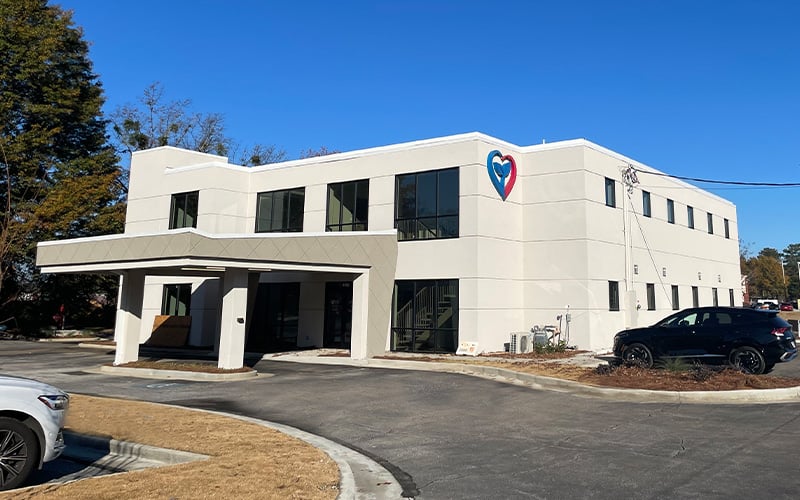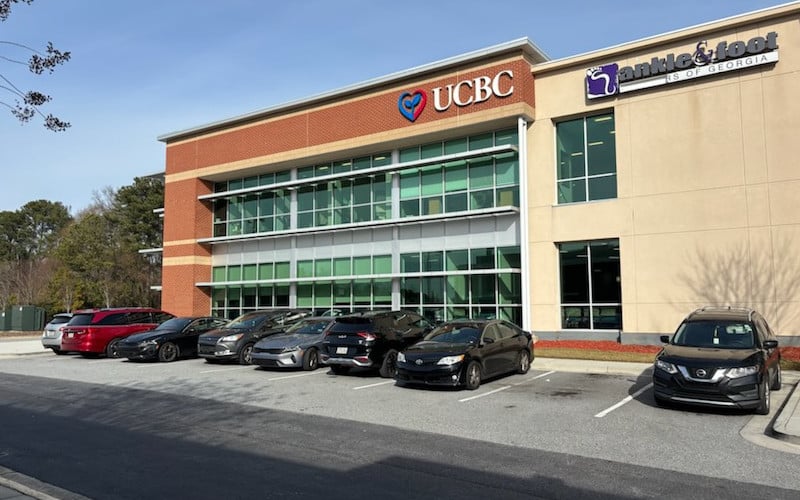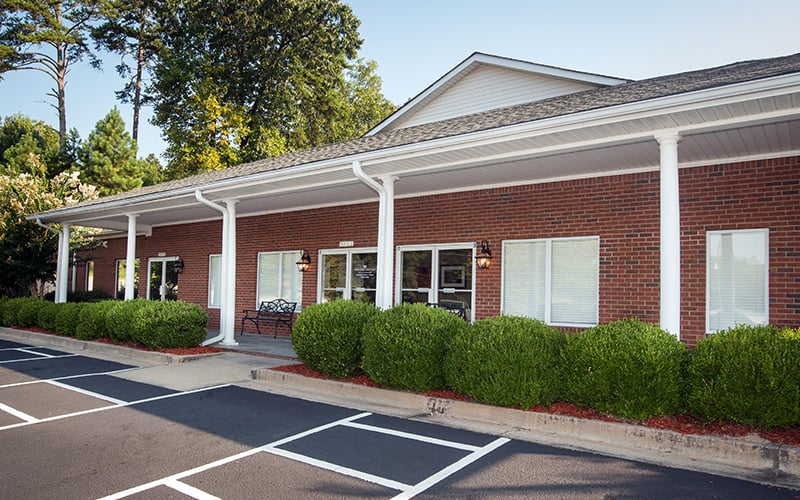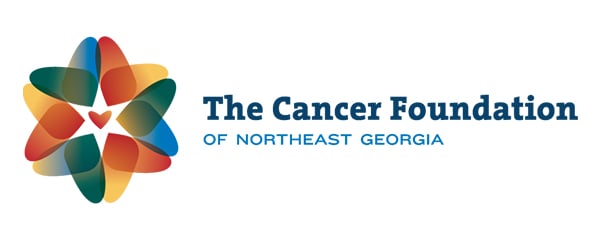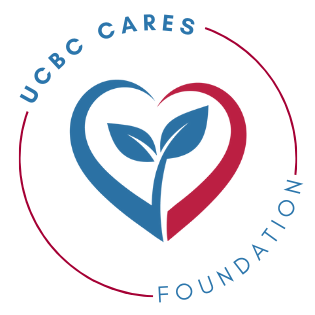If you’re undergoing cancer treatment, your other healthcare needs don’t suddenly vanish. In fact, it’s more important than ever to ensure you’re staying healthy, which includes having a trusted primary care provider. It’s part of why University Cancer and Blood Center has established University Health Alliance.
Here’s a closer look at how a strong primary care team can help cancer patients achieve the best possible health outcomes through the course of their treatment and beyond.
Screenings & Prevention
Primary care providers (PCPs) are often the first line of defense against cancer in the healthcare community. PCPs play an important role in cancer prevention, including:
· Offering vaccines to prevent some cancers.
· Educating and empowering you to make healthier choices to reduce your risk, such as practicing sun safety, avoiding tobacco use, and following a nutritional diet.
· Discussing environmental factors that can contribute to cancer prevention, such as smoke- and paraben-free practices.
PCPs also provide individualized screening recommendations, which can vary based on each patient’s specific risk factors. For example, when discussing your personal or family health history, identifying genetic links may prompt a physician to encourage earlier or more frequent screenings.
Coordinated Care
Being diagnosed with cancer is life-changing. While oncologists will oversee all of your needs related to cancer treatment, there may still be elements of your health that are best addressed through primary care. For example, your PCP can:
· Provide ongoing holistic care to address any other new or pre-existing medical conditions that may arise from or be impacted by treatment
· Coordinate care with other specialists
· Offer urgent care and prescription refills
· Ensure you’re receiving emotional support
Because your PCP will also have a close understanding of your body’s health history, they can make recommendations for diet, exercise, and mental health regimens that may ease your individual treatment experience. There may also be insights your PCP can share with your cancer team that inform treatment decisions.
In some cases, you may also simply feel overwhelmed by some aspects of your treatment. While your oncologist is always there to answer any questions or provide further information, your PCP can serve as an additional resource. When PCPs and oncologists collaborate together, both providers can give you the complete answers and support you need during a challenging time.
Survivorship Care
There are more than 18 million cancer survivors in the U.S., all of whom need access to quality survivorship care following the end of their treatment. In many cases, ongoing care for cancer survivors is provided by PCPs. This could involve watching for and treating lingering effects of treatments, and performing active surveillance to monitor for any signs of cancer recurrence.
In order to provide the best level of survivorship care, PCPs must be well-versed in the type of cancer the patient experienced and the specific treatment they received. This further emphasizes the importance of coordination between PCPs and oncologists. For example, at the end of treatment, your oncologist may recommend a specific schedule for imaging, bloodwork, and other surveillance activities. Your PCP can request referrals, prescribe imaging and other testing, and help to coordinate any further testing to ensure you stay on track with your follow-up care.
Learn more online about University Cancer & Blood Center’s caring, comprehensive approach to cancer treatment. You can also call 706.353.2990 for specific questions about Medical Oncology, or 706.548.0500 for Radiation Oncology queries.

